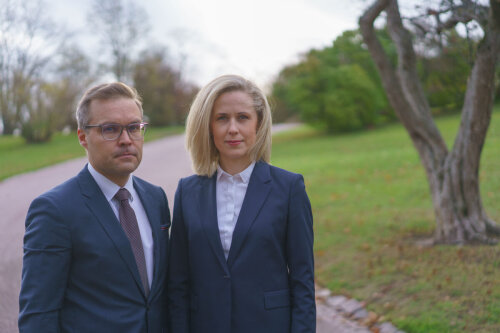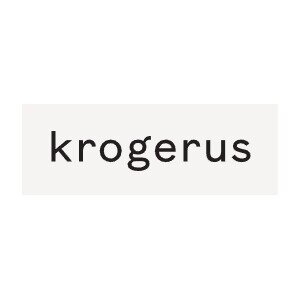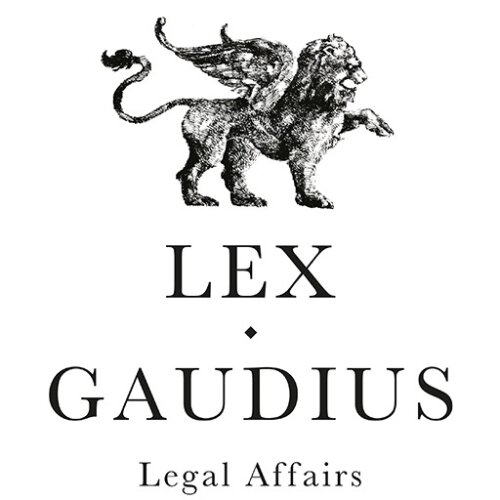Best Renewable & Alternative Energy Lawyers in Helsinki
Share your needs with us, get contacted by law firms.
Free. Takes 2 min.
List of the best lawyers in Helsinki, Finland
About Renewable & Alternative Energy Law in Helsinki, Finland
Helsinki, the capital of Finland, is at the forefront of the country’s renewable and alternative energy transition. The city has ambitious sustainability goals, pledging to be carbon neutral by 2030. Finland’s unique legal landscape for renewable energy is shaped by both national legislation and European Union directives, aimed at reducing greenhouse gas emissions, promoting the use of clean energy sources and encouraging sustainable business practices. In Helsinki, renewable energy covers solar, wind, biomass, hydropower and geothermal solutions, with active projects in each area. Laws and regulations are designed to facilitate growth, maintain environmental protection, and ensure fair market competition.
Why You May Need a Lawyer
Engaging in renewable and alternative energy activities in Helsinki often involves complex legal questions. You may need a specialist lawyer in scenarios such as:
- Applying for permits or licenses for renewable energy projects in Helsinki
- Navigating environmental regulations and impact assessments
- Negotiating contracts between energy producers, suppliers, or consumers
- Understanding local incentives, subsidies, or tax benefits for green energy initiatives
- Handling disputes on land use, access rights or grid connection
- Managing compliance with EU and Finnish energy policies
- Protecting intellectual property for innovative renewable technologies
Legal guidance ensures that your project is compliant, avoids costly delays and maximizes the opportunities provided by Helsinki’s renewable energy sector.
Local Laws Overview
The legal framework for renewable and alternative energy in Helsinki is largely governed by a combination of Finnish national laws, municipal regulations and EU directives. Notable aspects include:
- Energy Act (Energiavirasto) - Regulates electricity and gas markets, including rules for network connections, licensing, and consumer protection
- Act on Renewable Energy - Sets out goals and support schemes for increasing the share of renewables in the energy mix
- Land Use and Building Act - Details requirements regarding land use planning and building permits necessary for energy installations
- Environmental Protection Act - Covers environmental impact assessments, emission limits and environmental permits required for energy projects
- Municipal Regulations - Helsinki City has specific guidelines and sustainability targets, such as the Carbon-neutral Helsinki 2030 Action Plan
- Grid Code and Connection Rules - Govern access to the national electricity grid for energy producers
- EU Legislation - The Renewable Energy Directive and other EU laws shape Finland’s obligations regarding energy source quotas and market liberalization
Compliance with these laws is crucial for any successful renewable or alternative energy venture in Helsinki.
Frequently Asked Questions
What renewable energy sources are commonly used in Helsinki?
In Helsinki, commonly used renewable sources include wind power, solar energy, bioenergy from wood and waste, as well as geothermal and heat pump solutions. The city also supports district heating based on renewables and waste heat recovery.
Do I need a permit to install solar panels on my property?
Small-scale solar panels on single-family homes usually do not require a building permit, but larger installations or those in protected areas may need approval from the city’s building control authority. It is recommended to check with your local municipal office before proceeding.
Are there incentives available for renewable energy projects?
Yes, both national and local incentives may be available, including investment aid, tax reductions or subsidies for renewable energy projects. Requirements and application processes differ by technology and project scale.
Can I sell surplus electricity generated by my renewable system back to the grid?
Yes, private individuals and companies can feed surplus electricity to the grid. This typically requires a contract with a local electricity supplier and compliance with grid connection standards.
What environmental assessments are required for renewable projects?
Depending on project size and location, environmental impact assessments (EIA) may be mandatory under the Environmental Protection Act. Smaller projects may require reporting or permitting instead of a full EIA.
How does Helsinki’s Carbon-neutral 2030 plan impact renewable energy projects?
The city’s carbon-neutral action plan encourages the adoption of renewable energy by supporting projects, streamlining permitting for green solutions and setting ambitious public sector targets that benefit private actors.
What are the main legal risks in starting a renewable energy business?
Common risks include non-compliance with environmental or zoning regulations, delays in obtaining permits, unpredictable policy changes, and challenges regarding grid connectivity or tariff structures.
How is grid access managed for new renewable energy producers?
Grid access is regulated by national laws, requiring producers to submit technical and safety information and pay connection fees. The process involves coordination with local grid companies and adherence to the Finnish grid code.
Are there restrictions on land use for renewable energy installations?
Yes, land use is regulated under the Land Use and Building Act. Projects must comply with zoning, environmental protection and, in some cases, cultural heritage rules. Some locations may not be suitable for certain renewable technologies.
How can lawyers assist with applying for renewable energy funding?
Lawyers can help prepare funding applications, review compliance documentation, advise on eligibility requirements and represent clients in communications with funding authorities, increasing the likelihood of approval.
Additional Resources
For further assistance or information, the following organizations and resources are valuable:
- City of Helsinki - Environmental Services
- Ministry of Economic Affairs and Employment of Finland - Energy Department
- Finnish Energy (Energiateollisuus ry) - industry association
- Finnish Environment Institute (SYKE)
- Business Finland - Renewable energy grants and funding
- Energy Authority (Energiavirasto) - regulatory information and licensing
- Helsinki Region Environmental Services Authority (HSY)
- Local legal aid offices specializing in energy and environmental law
Next Steps
If you need legal assistance in the renewable and alternative energy sector in Helsinki, it is advisable to:
- Identify the specific area of your legal need, such as project permitting, contracts or funding
- Prepare any relevant documents, such as project outlines, contracts or correspondence with authorities
- Contact a qualified Finnish lawyer with experience in renewable energy and environmental law
- Consider reaching out to municipal or governmental advisory services for initial guidance
- Stay updated on changes in legislation and local policy developments affecting renewable energy in Helsinki
Taking these steps will help ensure your renewable energy project aligns with all local regulations, maximizes available incentives and proceeds efficiently.
Lawzana helps you find the best lawyers and law firms in Helsinki through a curated and pre-screened list of qualified legal professionals. Our platform offers rankings and detailed profiles of attorneys and law firms, allowing you to compare based on practice areas, including Renewable & Alternative Energy, experience, and client feedback.
Each profile includes a description of the firm's areas of practice, client reviews, team members and partners, year of establishment, spoken languages, office locations, contact information, social media presence, and any published articles or resources. Most firms on our platform speak English and are experienced in both local and international legal matters.
Get a quote from top-rated law firms in Helsinki, Finland — quickly, securely, and without unnecessary hassle.
Disclaimer:
The information provided on this page is for general informational purposes only and does not constitute legal advice. While we strive to ensure the accuracy and relevance of the content, legal information may change over time, and interpretations of the law can vary. You should always consult with a qualified legal professional for advice specific to your situation.
We disclaim all liability for actions taken or not taken based on the content of this page. If you believe any information is incorrect or outdated, please contact us, and we will review and update it where appropriate.

















